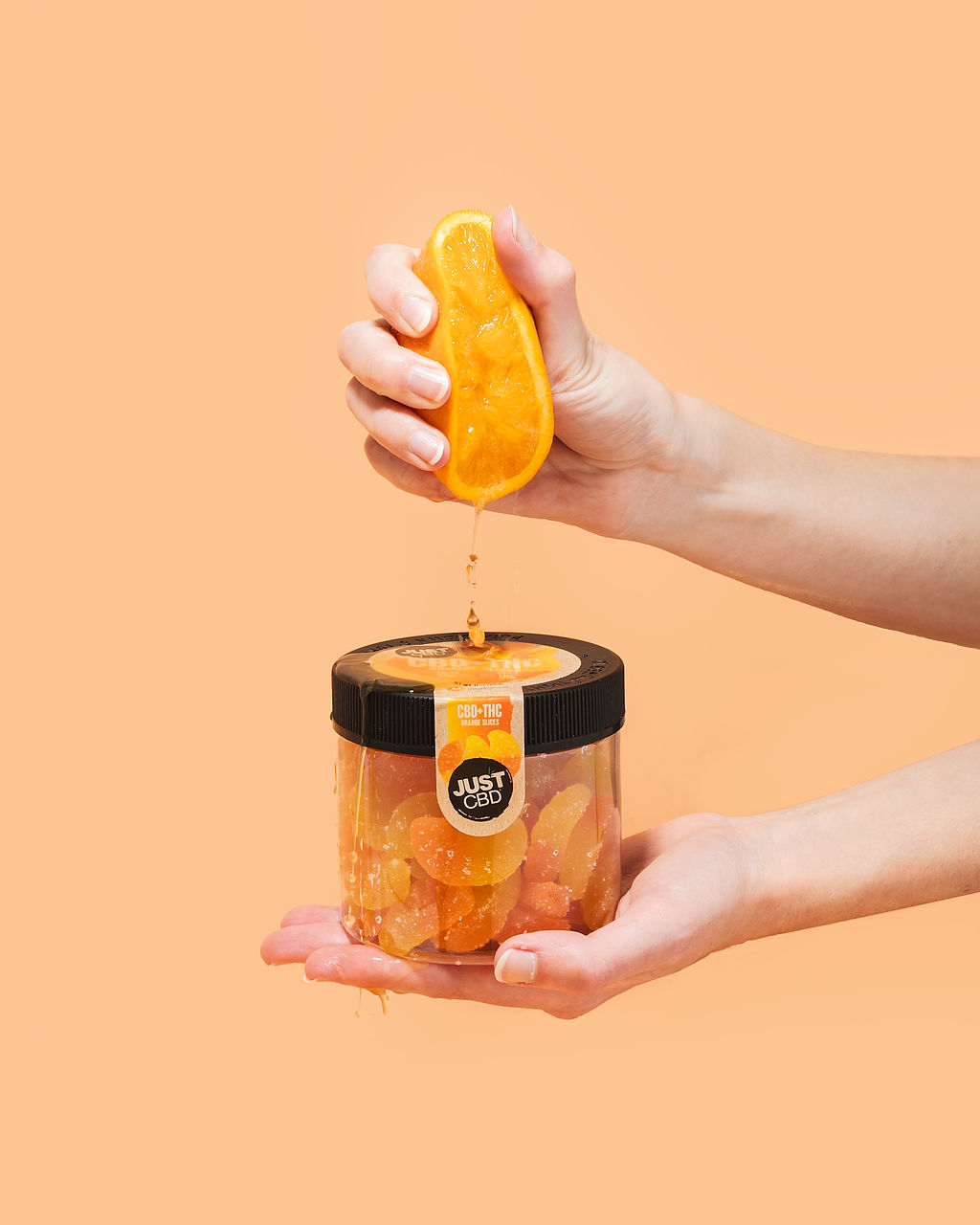CBD Capsules
CBD capsules offer a convenient and precise way to incorporate cannabidiol into your daily routine. These gelatin or plant-based capsules encapsulate a measured dose of CBD, eliminating the need for measuring drops or dealing with the taste of oil.
What Are CBD Capsules?
CBD capsules are a popular way to consume CBD, offering several advantages over other methods. Unlike CBD oil, which requires precise measurement and can have an earthy taste, capsules contain a pre-measured dose of CBD that is easily swallowed.
This makes them a convenient option for those who prefer a discreet and mess-free experience. The standardized dosage allows for better control over your CBD intake, making it easier to find the right amount for your individual needs.
Furthermore, capsules are long-lasting, allowing you to store them easily and take them on the go.
How Do CBD Capsules Work?
CBD capsules offer a convenient and discreet way to consume cannabidiol (CBD). They contain a pre-measured dose of CBD encapsulated within a gelatin or plant-based shell. When ingested, the capsule dissolves in the digestive system, releasing the CBD into the bloodstream.
This allows for consistent absorption and bioavailability, ensuring that your body receives the desired amount of CBD.

CBD then interacts with the body’s endocannabinoid system (ECS), which plays a role in regulating various physiological processes such as mood, sleep, pain perception, and inflammation.
Pros and Cons of CBD Capsules
While CBD capsules offer numerous benefits, there are also some potential drawbacks to consider. One limitation is that the effects of CBD capsules may take longer to manifest compared to other consumption methods like sublingual tinctures or vaping. This is because digestion takes time, and the CBD needs to be absorbed through the gastrointestinal tract before it can enter the bloodstream.
Another potential con is that some individuals may experience digestive discomfort, such as nausea or stomach upset, when taking CBD capsules. This could be due to the capsule’s gelatin shell or the presence of other ingredients in the formula. It’s important to start with a low dose and gradually increase it as needed to minimize any potential adverse effects.
Finally, the cost of CBD capsules can be higher than other forms of CBD, such as oil or gummies. This is because the encapsulation process requires additional manufacturing steps, which can add to the overall expense.
CBD Oil
CBD oil has gained widespread popularity in recent years as a natural remedy for a variety of health concerns. Derived from the hemp plant, CBD oil contains cannabidiol, a non-psychoactive compound known for its potential therapeutic benefits.
What Is CBD Oil?
CBD oil is extracted from the hemp plant and contains cannabidiol (CBD), a compound that interacts with the body’s endocannabinoid system.
Unlike THC, CBD does not produce psychoactive effects. CBD oil comes in various forms, such as tinctures, which are liquid extracts typically taken sublingually (under the tongue).
It can also be found in capsules, edibles, and topical products.
How Does CBD Oil Work?
CBD oil interacts with the body’s endocannabinoid system (ECS), a complex network of receptors and neurotransmitters that plays a crucial role in regulating various physiological functions. When CBD is consumed, it binds to specific receptors within the ECS, influencing a range of processes such as mood, sleep, pain perception, and inflammation.
One key mechanism through which CBD exerts its effects is by modulating the activity of neurotransmitters like serotonin, dopamine, and GABA. By impacting these chemical messengers, CBD can help alleviate symptoms associated with anxiety, depression, and other neurological disorders.
Additionally, CBD has demonstrated anti-inflammatory properties, making it potentially beneficial for managing conditions such as arthritis, inflammatory bowel disease, and skin conditions.
Types of CBD Oil
CBD oil is available in different forms, each offering unique advantages. Full-spectrum CBD oil contains all the natural compounds found in the hemp plant, including other cannabinoids like CBG and CBN, as well as terpenes and flavonoids. This variety of compounds may contribute to what’s known as the “entourage effect,” where the synergistic interaction of different compounds enhances the overall therapeutic benefits of CBD.
Broad-spectrum CBD oil also includes various hemp plant compounds but lacks THC, ensuring a completely THC-free experience.
Isolate CBD oil is highly purified and contains only CBD, with all other cannabinoids and plant compounds removed.
Pros and Cons of CBD Oil
CBD oil has gained widespread popularity in recent years as a natural remedy for a variety of health concerns. Derived from the hemp plant, CBD oil contains cannabidiol, a non-psychoactive compound known for its potential therapeutic benefits.
CBD oil is extracted from the hemp plant and contains cannabidiol (CBD), a compound that interacts with the body’s endocannabinoid system.
Unlike THC, CBD does not produce psychoactive effects. CBD oil comes in various forms, such as tinctures, which are liquid extracts typically taken sublingually (under the tongue).
It can also be found in capsules, edibles, and topical products.
CBD oil interacts with the body’s endocannabinoid system (ECS), a complex network of receptors and neurotransmitters that plays a crucial role in regulating various physiological functions. When CBD is consumed, it binds to specific receptors within the ECS, influencing a range of processes such as mood, sleep, pain perception, and inflammation.

One key mechanism through which CBD exerts its effects is by modulating the activity of neurotransmitters like serotonin, dopamine, and GABA. By impacting these chemical messengers, CBD can help alleviate symptoms associated with anxiety, depression, and other neurological disorders.
Additionally, CBD has demonstrated anti-inflammatory properties, making it potentially beneficial for managing conditions such as arthritis, inflammatory bowel disease, and skin conditions.
CBD oil is available in different forms, each offering unique advantages. Full-spectrum CBD oil contains all the natural compounds found in the hemp plant, including other cannabinoids like CBG and CBN, as well as terpenes and flavonoids. This variety of compounds may contribute to what’s known as the “entourage effect,” where the synergistic interaction of different compounds enhances the overall therapeutic benefits of CBD.
Broad-spectrum CBD oil also includes various hemp plant compounds but lacks THC, ensuring a completely THC-free experience.
Isolate CBD oil is highly purified and contains only CBD, with all other cannabinoids and plant compounds removed.
CBD oil offers several potential benefits, including:
- Pain relief
- Reduced anxiety and depression
- Improved sleep quality
- Anti-inflammatory effects
- Neuroprotective properties
However, there are also some potential drawbacks to consider:
- Possible side effects such as dry mouth, diarrhea, or changes in appetite
- Drug interactions with certain medications
- Limited research on long-term effects
- CBD capsules are pre-measured and easy to take on the go.
- They do not require any special preparation or equipment, making them a convenient option for daily use.
- CBD oil, however, requires measurement using droppers or measuring tools.
- It can be messier to transport and may not be as discreet as capsules.
Factors to Consider When Choosing Between Capsules and Oil
When choosing between CBD capsules and CBD oil, several factors should be considered. These include personal preference for consumption method, desired dosage control, potential taste sensitivity, and budget constraints.
Dosage and Strength
Factors to consider when deciding between CBD capsules and CBD oil include your preferred method of consumption, desired dosage control, taste sensitivities, and budget.
CBD capsules offer a precise and discreet way to consume CBD, making them ideal for those who prefer convenience and ease of use. They eliminate the need for measuring drops or dealing with the potential earthy taste of CBD oil.
However, capsules may take longer to produce effects compared to methods like sublingual tinctures or vaping due to the digestion process.
CBD oil allows for more flexibility in dosage control and faster absorption through sublingual administration. It can be found in various strengths and formulations, including full-spectrum, broad-spectrum, and isolate CBD.
The taste of CBD oil may be a factor for some individuals, as it can have an earthy or bitter flavor.
When determining the dosage and strength of CBD, it’s crucial to consult with a healthcare professional to determine the appropriate amount based on individual needs and medical history.
Starting with a low dose and gradually increasing it allows for personalized titration and minimizes the risk of adverse effects.
Taste and Flavor
When deciding between CBD capsules and CBD oil, taste and flavor are important considerations. CBD oil can have an earthy or bitter taste that some people find unpleasant. Capsules mask this taste, offering a more palatable experience.
Those sensitive to strong flavors might prefer capsules.
Absorption Rate
When choosing between CBD capsules and oil, absorption rate is a key factor to consider. CBD oil, when taken sublingually (under the tongue), allows for faster absorption because it bypasses the digestive system.
The CBD enters the bloodstream more quickly through the mucous membranes in the mouth. Capsules, on the other hand, must be digested before the CBD is absorbed into the bloodstream, resulting in a slower onset of effects.
Convenience and Portability
Convenience and portability are important considerations when choosing between CBD capsules and oil.
Cost
The cost of CBD products can vary widely depending on factors like brand reputation, product quality, extraction methods, and concentrations. Generally, CBD capsules tend to be more expensive than CBD oil per milligram of CBD. This is because capsule manufacturing involves additional processes like encapsulation and packaging.
- Dermal Fillers Near Merton, Surrey - July 1, 2025
- Dermal Fillers Near Ashtead, Surrey - June 30, 2025
- What Is The Difference Between A Skincare Consultation And A Dermatologist Visit - June 30, 2025
